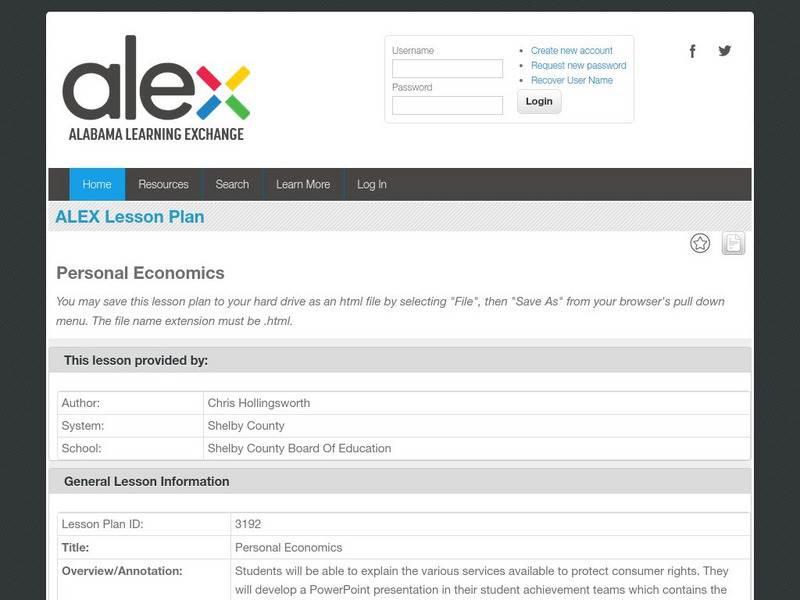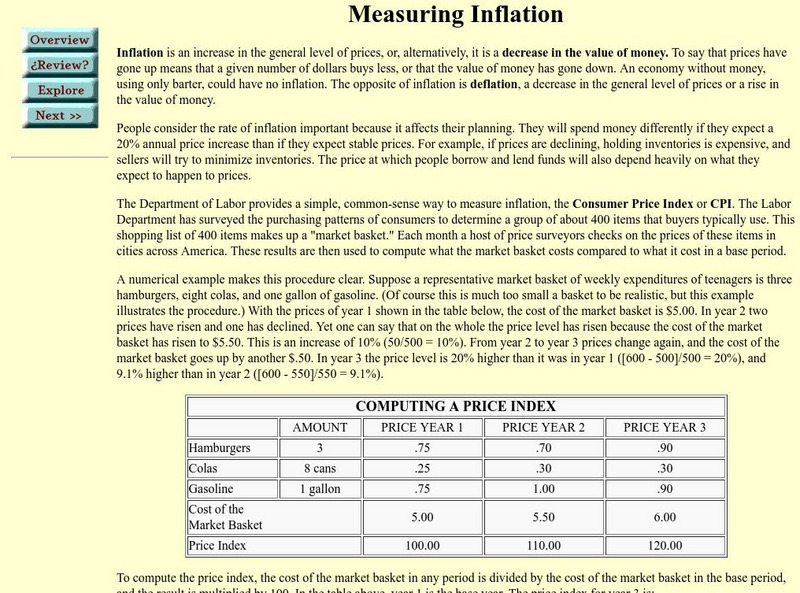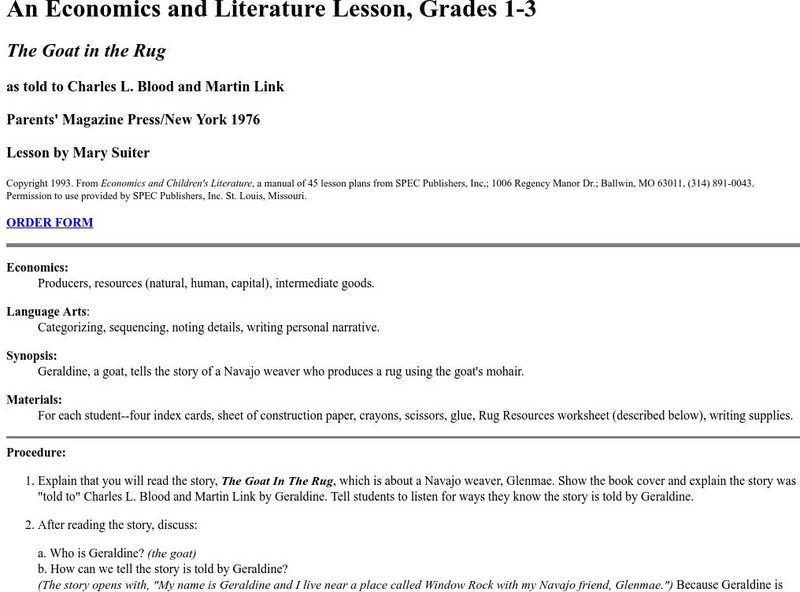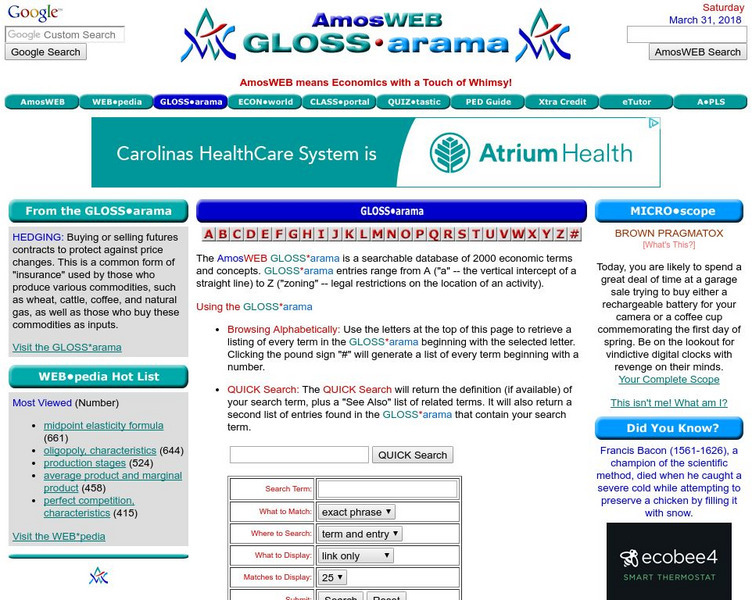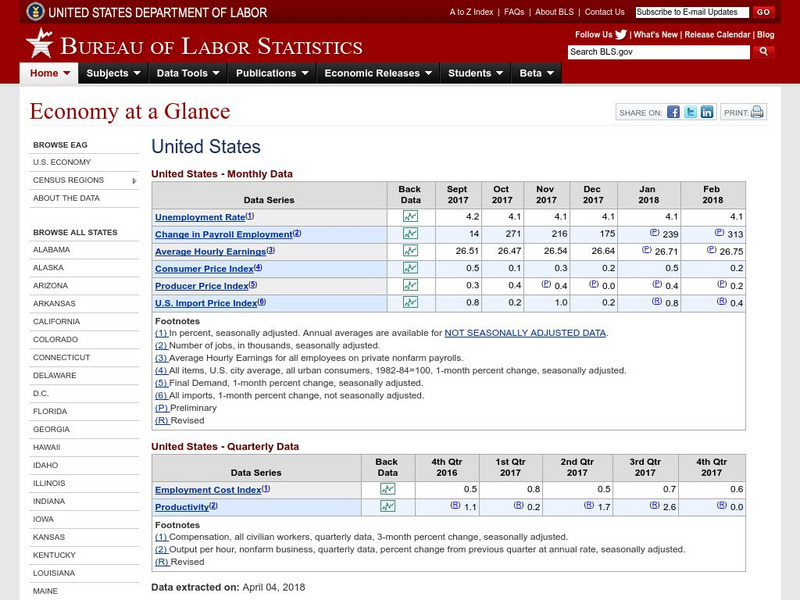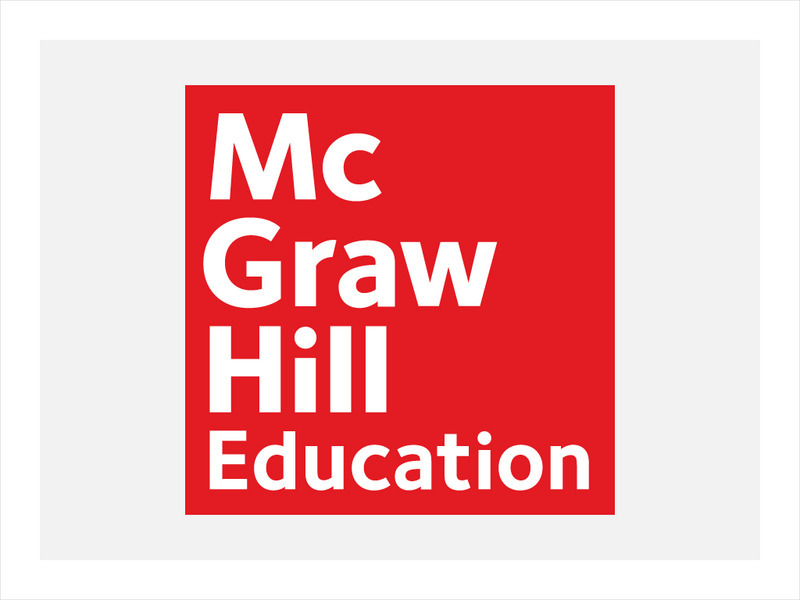Council for Economic Education
Econ Ed Link: We Are Consumers and Producers
This lesson plan is geared toward beginning economics concepts. "In this lesson you are going to learn more about how you and others are consumers and producers."
Khan Academy
Khan Academy: Lesson Overview: Consumer and Producer Surplus
This lesson introduced the basics of a branch of economics known as welfare economics, which is interested in how the allocation of resources affects well-being. The most important concepts used in welfare analysis are total surplus and...
Khan Academy
Khan Academy: Economic Efficiency
Read about consumer surplus, producer surplus, and deadweight loss. Did you know that demand and supply diagrams can help us understand more than supply and demand curves and equilibrium? They can also help us understand economic...
Council for Economic Education
Econ Ed Link: Hawaiian Economics: Barter for Fish & Poi
Use this instructional activity to learn more about the Hawaiian economics system. Learn how they developed and used this specialized type of money system. "In this instructional activity, you will learn how specialization and division...
Texas Education Agency
Texas Gateway:how Economists Use Theories & Models to Understand Economic Issues
By the end of this section, you will be able to interpret a circular flow diagram, explain the importance of economic theories and models, and describe goods and services markets and labor markets.
Council for Economic Education
Econ Ed Link: The Economics of Recycling
Young scholars will review the legislation in Japan that requires all consumers to pay a fee for recycling large appliances.
University of Nebraska Omaha
Ecedweb: Explorations in Economic Supply, Part I
Examines how supply relates to economic decision making. Using the example of purchasing blue jeans, students take the role of producer to determine how many blue jeans they would supply to the market. Includes links and discussion...
Alabama Learning Exchange
Alex: Personal Economics
Students will be able to explain the various services available to protect consumer rights. They will develop a PowerPoint presentation in their student achievement teams which contains the required information along with a question...
Other
Amos Web: Pumping Up the Economic Growth
What is economic growth? This site not only gives a definition, but also provides a great overview of various characteristics of how economies can grow. Discusses different types of resources, possible negative effects of growth, and...
Robert Schenk, PhD
Cyber Economics: Measuring the Economy Inflation
This site from the St. Joseph's College provides an explanation of inflation, including a section on how to calculate a consumer price index.
PBS
Pbs Online News Hour: Economic Transition
In December 2000, while some worried over the outcome of the presidential election, the Federal Reserve was more worried about the apparently slowing economy. In this interview from Jim Lehrer's NewsHour, read about the Fed's concerns...
University of Nebraska Omaha
An Economics and Literature Lesson: The Goat in the Rug
This is a lesson plan geared toward first through third grades, cross-curricular, dealing with economics and literature. "Learn about economics: producers, resources (natural, human, capital), intermediate goods; and Language Arts:...
SMART Technologies
Smart: Economic Review Lesson
This activity reviews goods, services, producers, and consumers. The lesson consist of sorting, fill in the blank, writing, and racing car review quiz.
Other
Economic Glossarama: Supply
This economic glossary provides a definition of supply, and 2000 other economic terms and concepts.
ClassFlow
Class Flow: Economics Vocabulary
[Free Registration/Login Required] This flipchart explains basic economics vocabulary such as producers, consumers, and different kinds of resources; limited, unlimited, natural and human. Student assessment items are included.
Social Science Education Consortium
Performance of National Economy: How Do We Measure the Economy's Health? [Pdf]
This investigation helps students clarify economic performance measures. These include: percentage changes in the Gross Domestic Product or the Consumer Price Index, how the labor force is measured, the meaning of employment and...
Other
Federal Reserve Bank of New York: Econ Explorers Journal [Pdf]
In this collection of lesson activities, students will complete an "Econ Explorers Journal" to help them learn how economics is involved in their neighborhood, the books they read, in earning a living, at their banks, in their homes, and...
C3 Teachers
C3 Teachers: Inquiries: Economic Choices
A learning module on choices people make with their money. It includes several supporting questions accompanied by formative tasks and source materials, followed by a summative performance task. Students will learn how families get...
US Department of Labor
Bureau of Labor Statistics: u.s. Economy at a Glance
The seven major economic indicators for the U.S. economy are listed here in an easy to read chart. The seven indicators are unemployment rate, change in hourly employment, average hourly earnings, consumer price index, producer price...
McGraw Hill
Glencoe: "The Inuit Society the Importance of Tradition"
Through the example of the Inuit people, students learn about a traditional economy and the significance of such an economy in the Inuit society. As students learn about the different type of economic system, they will complete a web...
Khan Academy
Khan Academy: Lesson Summary: Price Indices and Inflation
In this lesson summary review and remind yourself of the key terms and calculations used in measuring inflation. Topics include the consumer price index (CPI), calculating the rate of inflation, the distinction between inflation,...
Federal Reserve Bank
Federal Reserve Bank of St. Louis: Fred Economic Data
With files in many categories, FRED offers a wealth of historical US data on interest rates, business indicators, balance of payments, exchange rates, and lots more.
Council for Economic Education
Council for Economic Education: Learning, Earning, and Investing
This course is subtitled "Lessons for a New Generation." It includes twenty-one downloadable lessons with additional activities for each lesson. It covers a wide range of topics from basics such as "Why Save?" and "Invest In Yourself" to...
Council for Economic Education
Econ Ed Link: Hey, Mom! What's for Breakfast?
In this lesson young scholars working in cooperative groups will: 1.Discuss food items they consume for breakfast. 2.Investigate elements of foreign culture, particularly food. 3.Use map skills to locate selected foreign nations....







